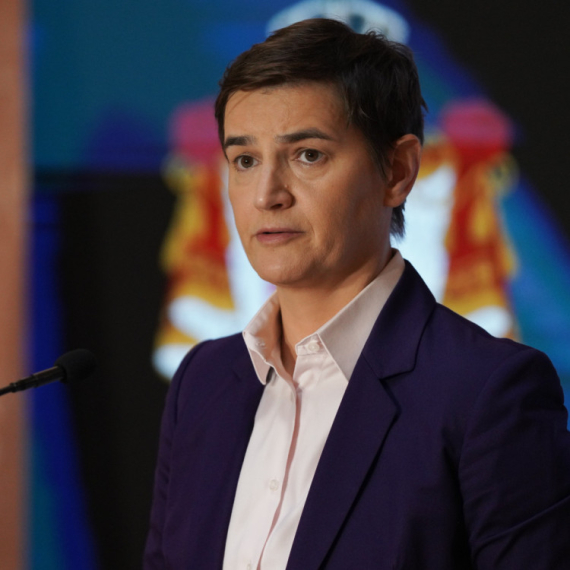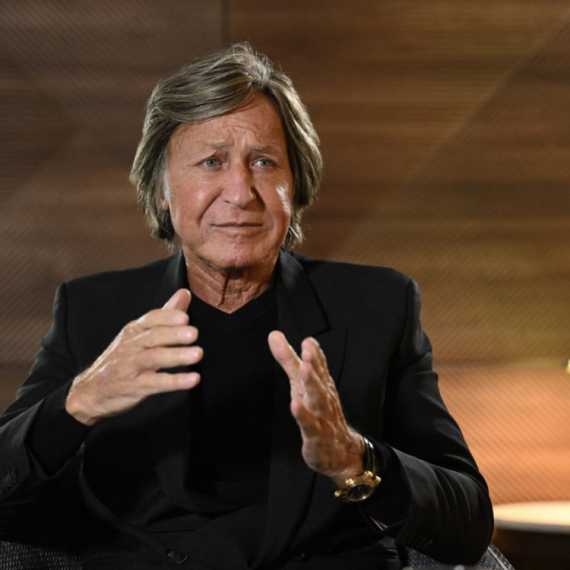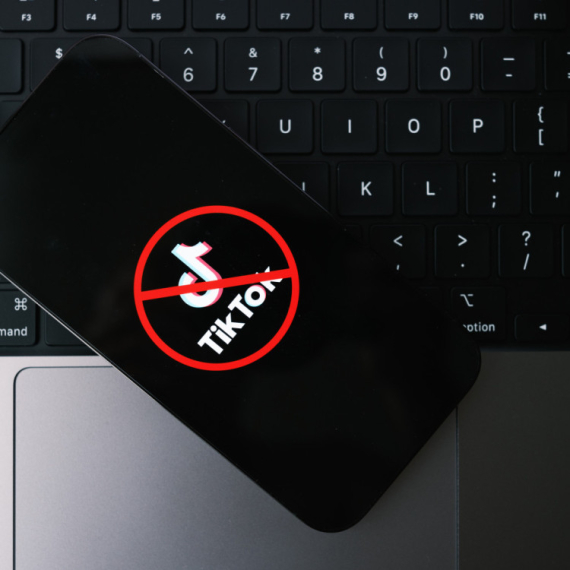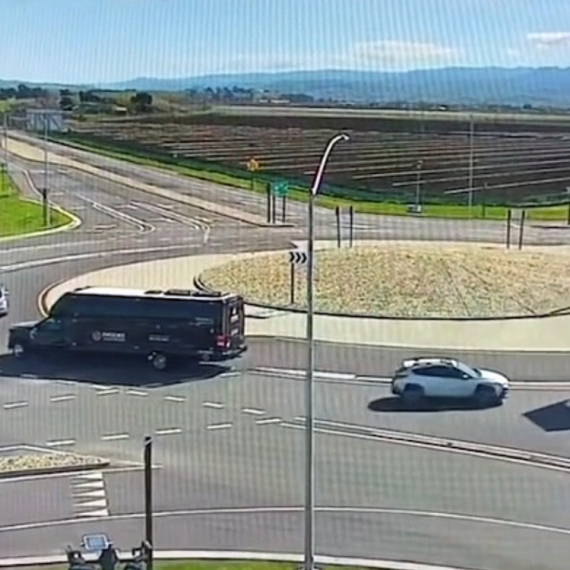Belgrade negotiator says he "signed letter, not agreement"
The government's new chief Kosovo dialogue negotiator said in Brussels late on Monday that he had signed a letter on joint control of administrative crossings.
Tuesday, 25.09.2012.
12:39

BELGRADE The government's new chief Kosovo dialogue negotiator said in Brussels late on Monday that he had signed a letter on joint control of administrative crossings. Dejan Pavicevic noted that he signed the letter on behalf of the Serbian government, and that it would be delivered to the European Commission on Tuesday. Belgrade negotiator says he "signed letter, not agreement" Pavicevic thus clarified the situation that arose Monday, when Commissioner Stefan Fule "welcomed the fact that the Serbian government signed a protocol on Integrated Border Management (IBM)". "No protocol has been signed, especially not with Pristina," Pavicevic stressed, adding that "there was an exchange of letters" with EU High Representative for Foreign Affairs and Security Policy Catherine Ashton. The letter confirms that Serbia will meet all obligations from the agreement on forming a joint control of the crossings signed by Belgrade's previous team chief Borislav Stefanovic in March, Pavicevic said. "I came to Brussels to submit the letter to the Commission, and a press conference was also planned," he said, noting that Fuele forestalled his address to the public. "The Serbian government has no intention to implement any non- transparent or secret process," Pavicevic said. The agreement on IBM was reached on March 24, right after Serbia obtained the status of an EU candidate, but its implementation has not started yet. "The exchange of letters is an introduction to implementation," Pavicevic said, adding that the details of implementing the agreement will be discussed within implementation groups, with the aim to define the role of Kosovo customs officers at administrative crossings. Pavicevic also said that, during the talks, the Belgrade team will try to rectify some elements of the agreement "which are very unfavorable for Serbia." "This refers to the presence of Kosovo customs officers, primarily at Jarinje and Brnjak crossings, but also to the unclear role of EULEX at the crossings," he said, and added that Belgrade will insist that EULEX' customs officers have an executive role at the crossings. "Despite the possible presence of Kosovo customs officers, we will request that all customs procedures are carried out by EULEX only," Pavicevic said. Earlier on Monday, Fule "welcomed the fact that the Serbian government signed a protocol on integrated border management and said that this a concrete sign of the new government's political will to engage itself in dialogue with Pristina". According to the statement made in Brussels on Monday, after Fule's meeting with Serbian Justice Minister Nikola Selakovic, the EU enlargement commissioner "voiced hope that the document will be put into practice soon". Dejan Pavicevic (Tanjug, file) Tanjug
Belgrade negotiator says he "signed letter, not agreement"
Pavićević thus clarified the situation that arose Monday, when Commissioner Stefan Fule "welcomed the fact that the Serbian government signed a protocol on Integrated Border Management (IBM)"."No protocol has been signed, especially not with Priština," Pavićević stressed, adding that "there was an exchange of letters" with EU High Representative for Foreign Affairs and Security Policy Catherine Ashton.
The letter confirms that Serbia will meet all obligations from the agreement on forming a joint control of the crossings signed by Belgrade's previous team chief Borislav Stefanović in March, Pavićević said.
"I came to Brussels to submit the letter to the Commission, and a press conference was also planned," he said, noting that Fuele forestalled his address to the public.
"The Serbian government has no intention to implement any non- transparent or secret process," Pavićević said.
The agreement on IBM was reached on March 24, right after Serbia obtained the status of an EU candidate, but its implementation has not started yet.
"The exchange of letters is an introduction to implementation," Pavićević said, adding that the details of implementing the agreement will be discussed within implementation groups, with the aim to define the role of Kosovo customs officers at administrative crossings.
Pavićević also said that, during the talks, the Belgrade team will try to rectify some elements of the agreement "which are very unfavorable for Serbia."
"This refers to the presence of Kosovo customs officers, primarily at Jarinje and Brnjak crossings, but also to the unclear role of EULEX at the crossings," he said, and added that Belgrade will insist that EULEX' customs officers have an executive role at the crossings.
"Despite the possible presence of Kosovo customs officers, we will request that all customs procedures are carried out by EULEX only," Pavićević said.
Earlier on Monday, Fule "welcomed the fact that the Serbian government signed a protocol on integrated border management and said that this a concrete sign of the new government's political will to engage itself in dialogue with Priština".
According to the statement made in Brussels on Monday, after Fule's meeting with Serbian Justice Minister Nikola Selaković, the EU enlargement commissioner "voiced hope that the document will be put into practice soon".
























































Komentari 8
Pogledaj komentare